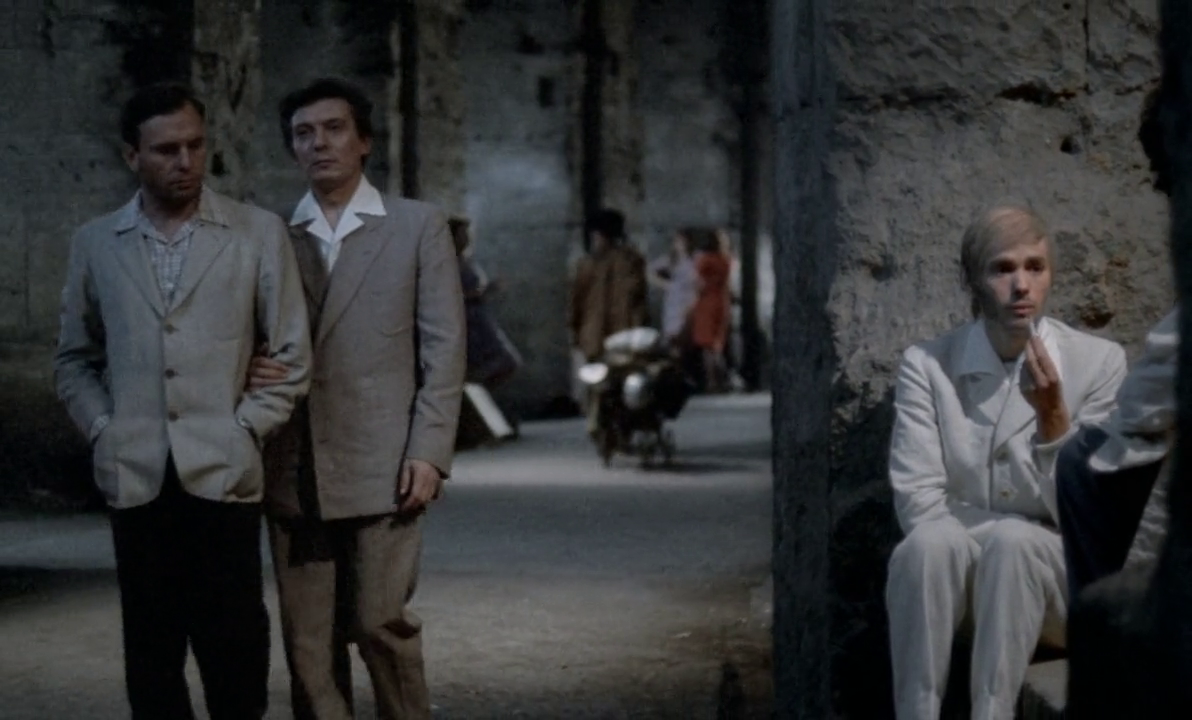Right of the heels of (re)viewing the classic 2001: A Space Odyssey, I watched Bertolucci's classic "The Conformist". These two movies may have more in common than one might think at first glance. They are artistic statements, trying to push the boundaries of the cinematographic experience. They are both the point of arrival in the upper echelons of cinema for both director's and they are both monstrously ambitious bordering on pretentious. And they arrived within a couple of years of each other.
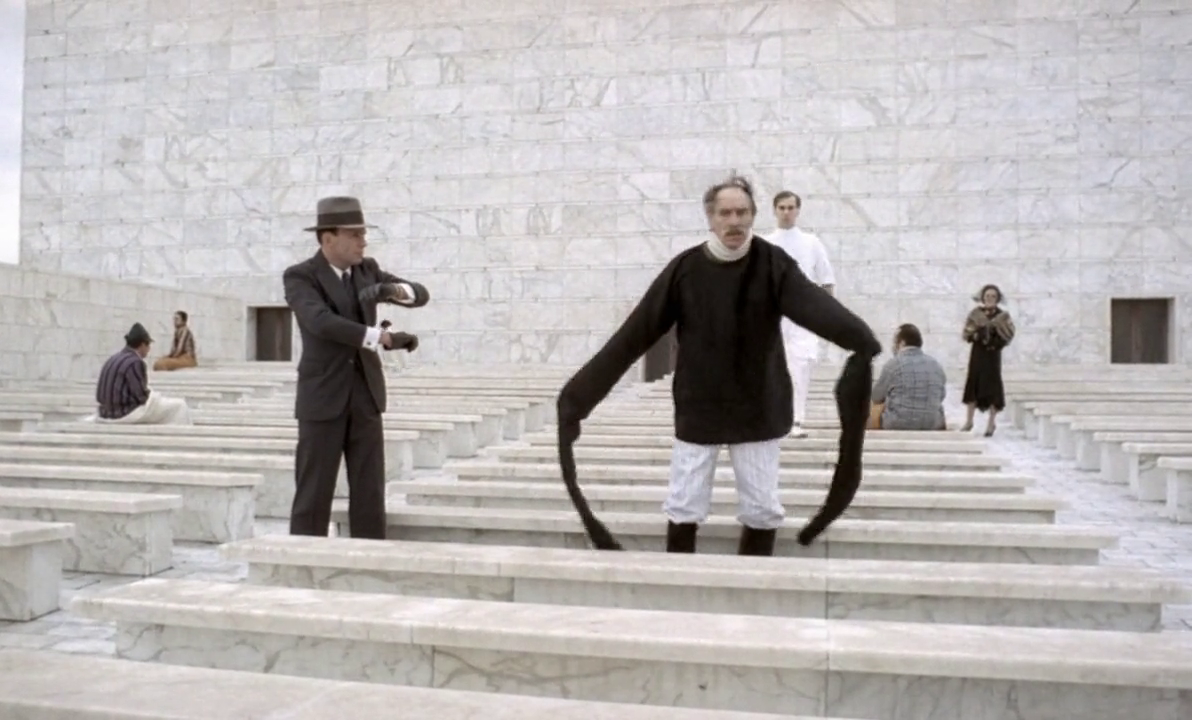
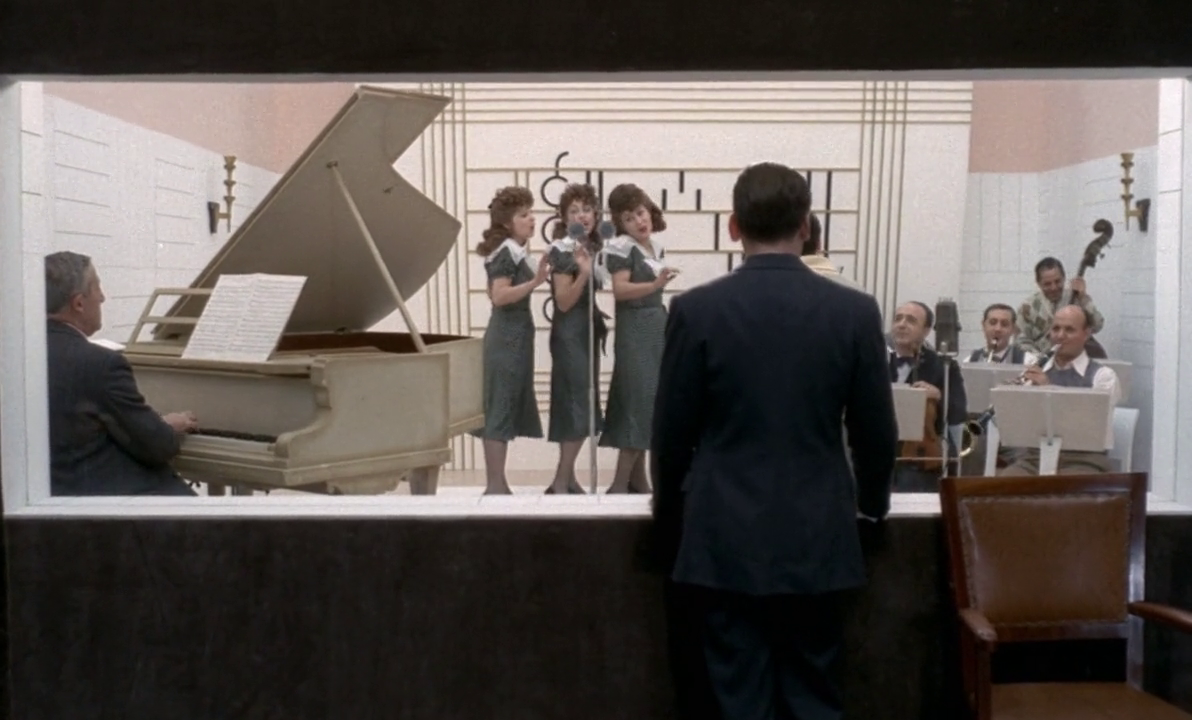
But that would be as far as comparisons go, as in all other aspects they are totally different. The Conformist deals with aspects of human nature that may eventually evolve into fascism, communism, nationalism and all other kinds of collectivism. Even religion and family structures are grouped into the mix and everything seems to be in one giant couldron of immorality.
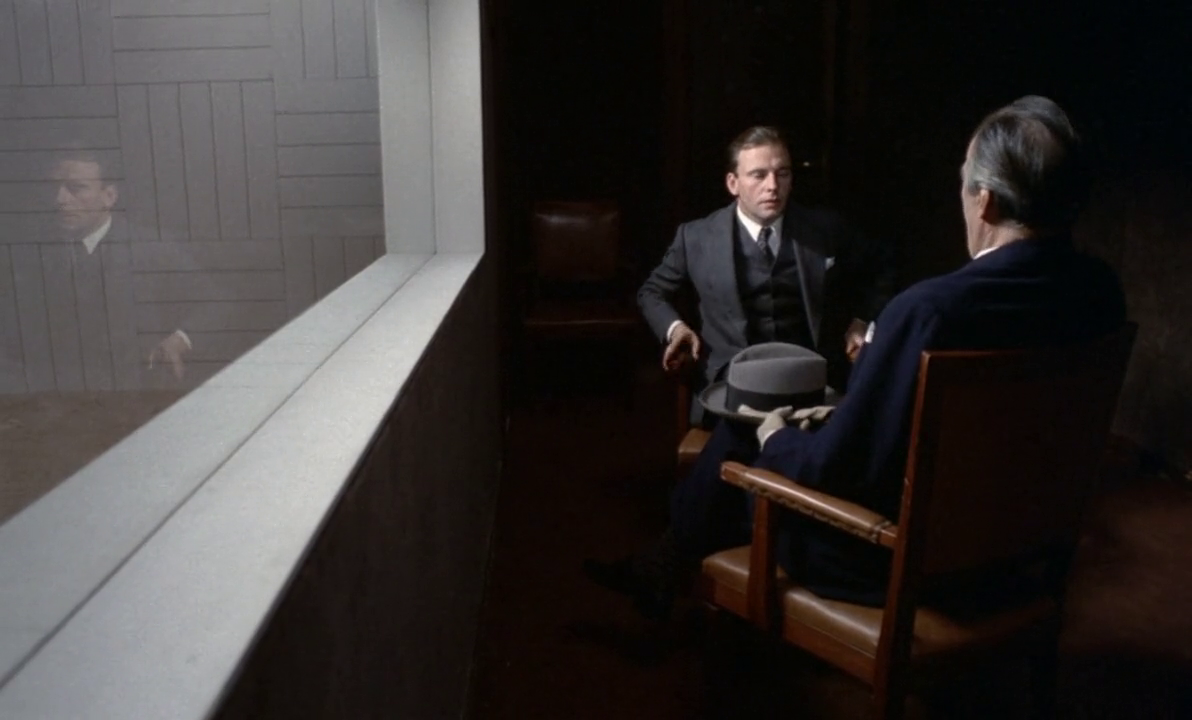
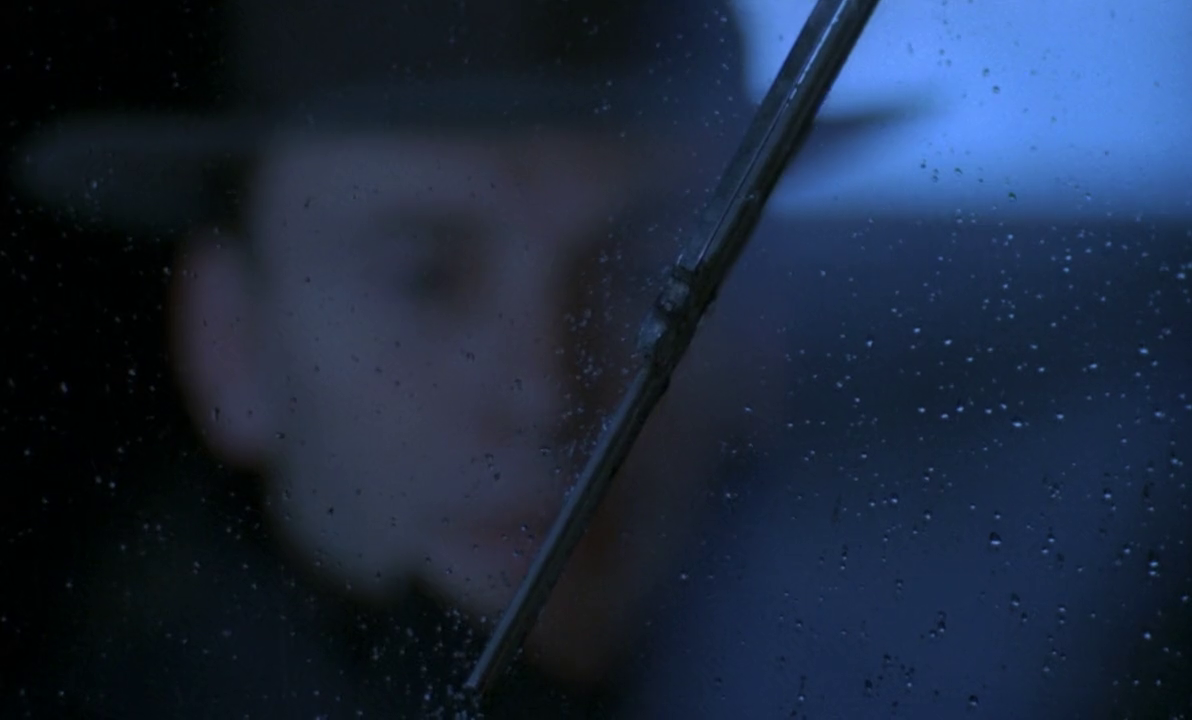
The symbolism is very much in the forefront like in one of the opening scenes where the main character, a soon to be a fascist henchman conforming to Mussolini's "norms", looks through a studio window where a generic 30's female singing trio, is working on a recording. It is if he is watching the "norm" of average society through a glass which he cannot penetrate. It is artificial and glossy. Even the recording of a bird is made artificially by someone whistling. The transparent wall between the character's sense of belonging, of which he on the other side is merely a weak reflection of himself, in this norm is further walled off, by the following scene in the dark where he is "covertly" shanghai'd by some government highupper. It all works in the shadows when no one really looks or listens carefully.
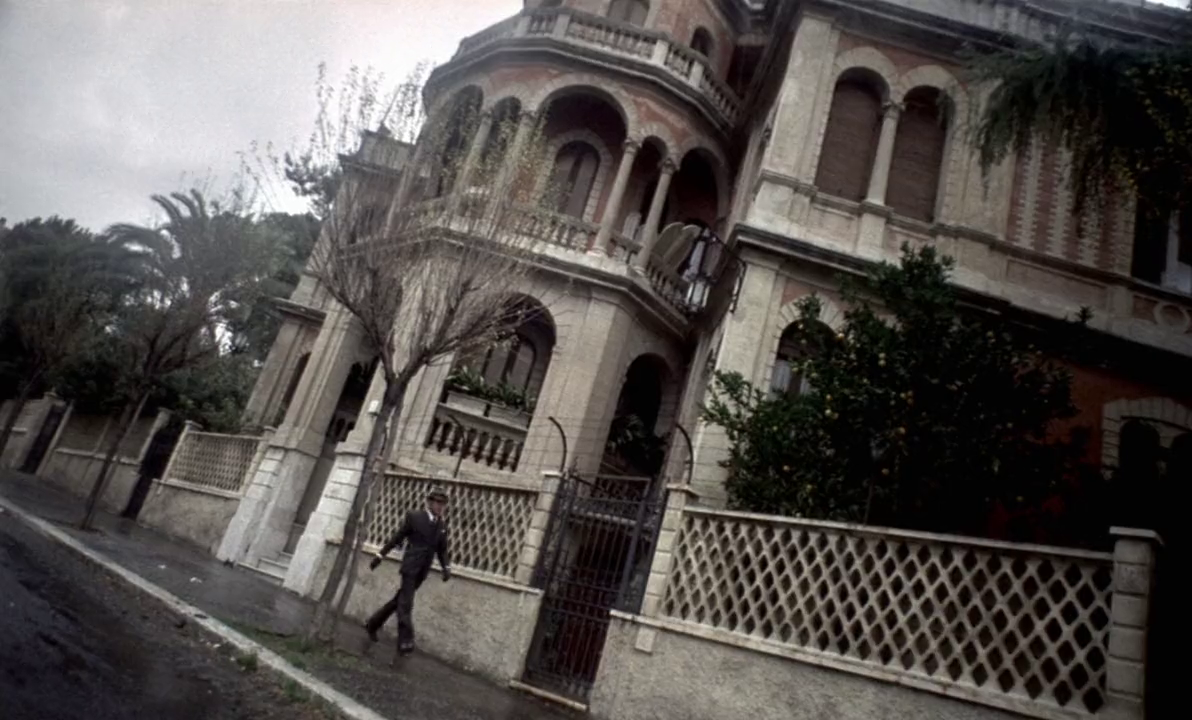
I would even dare to speculate that the main character is to some extend based on Mussolini. He was a weird one who first supported communism and then fascism with which he finally made his way into overthrowing the italian king sometime in the 20´s. An interesting aspect of Mussolini was that he quickly managed to the Vatican into cooperating with him, so he himself married christian and supported christian virtues, like banning swearing and such.
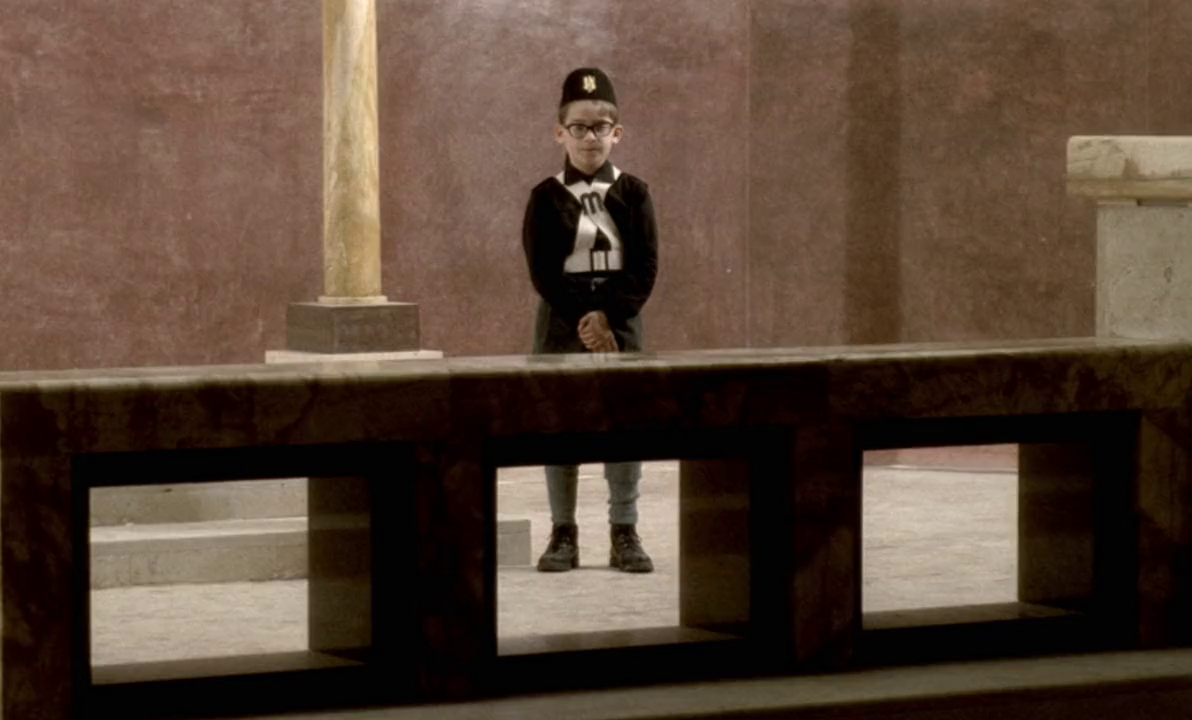
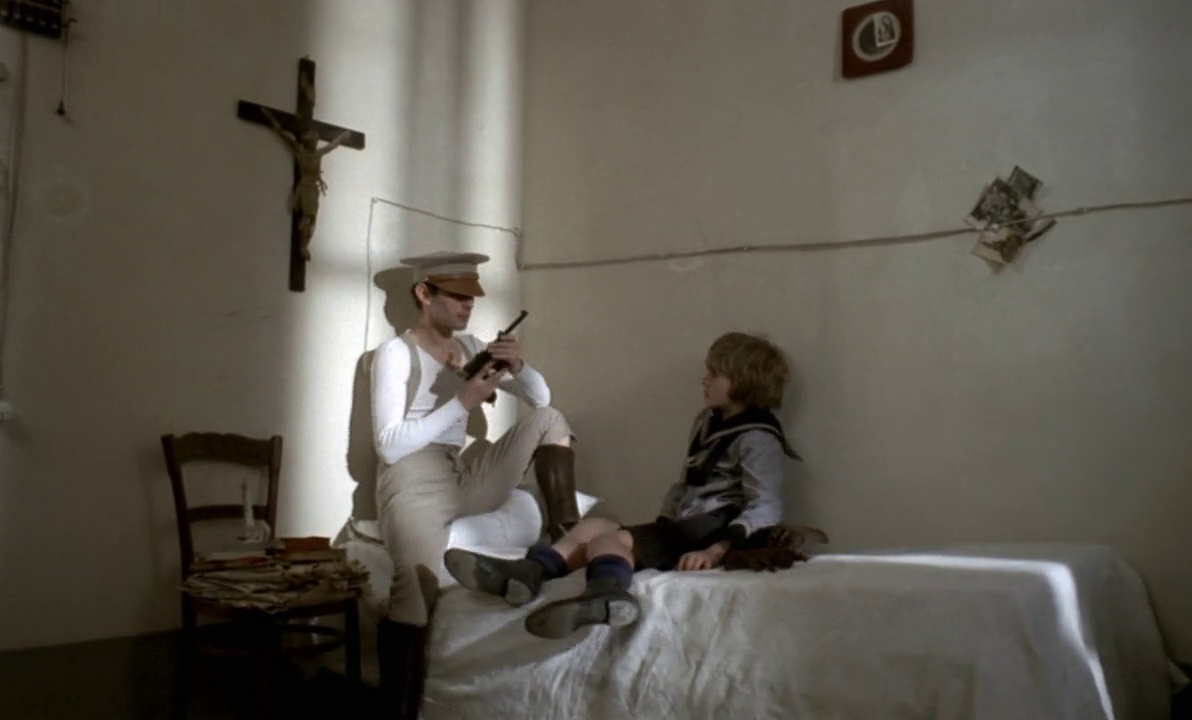
A theme that keeps reappearing in the movie is hints at what religion does to children and how they obviously are left vulnerable in the hands of the church one way or another - which gives abusers room to abuse them sexually. Both of the main characters have been sexually abused in their childhood and it is an empirical fact that it will easily make numb and sociopathic conformists out of them.
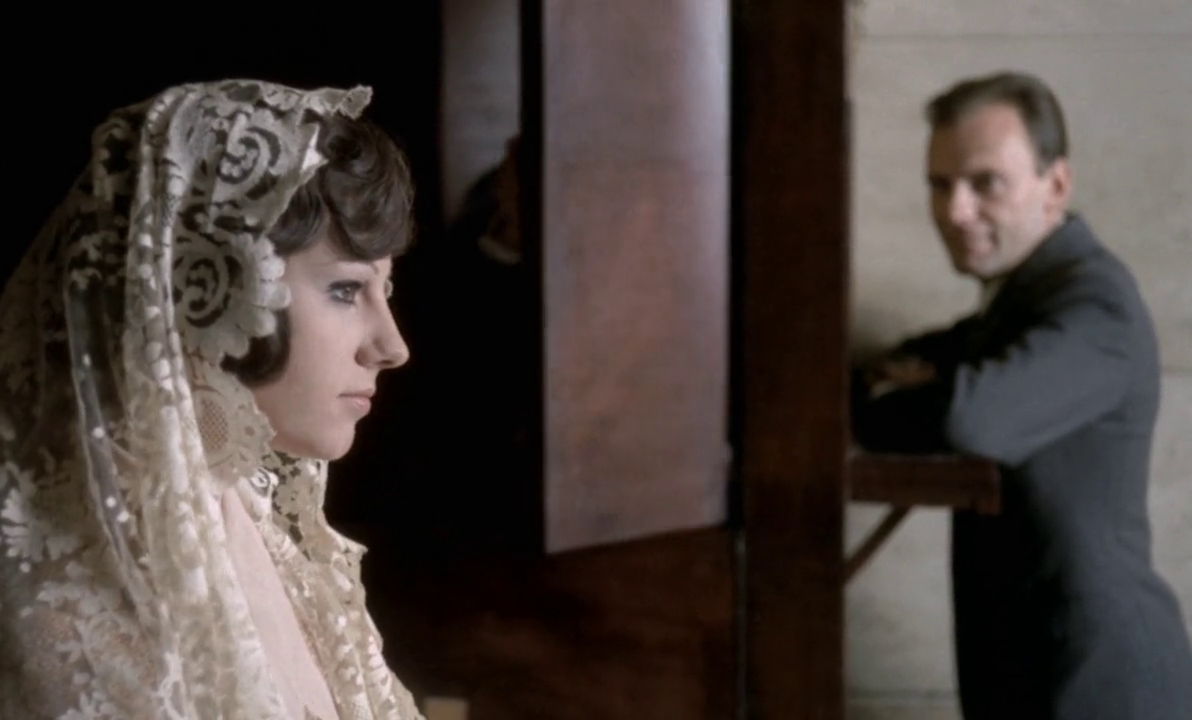
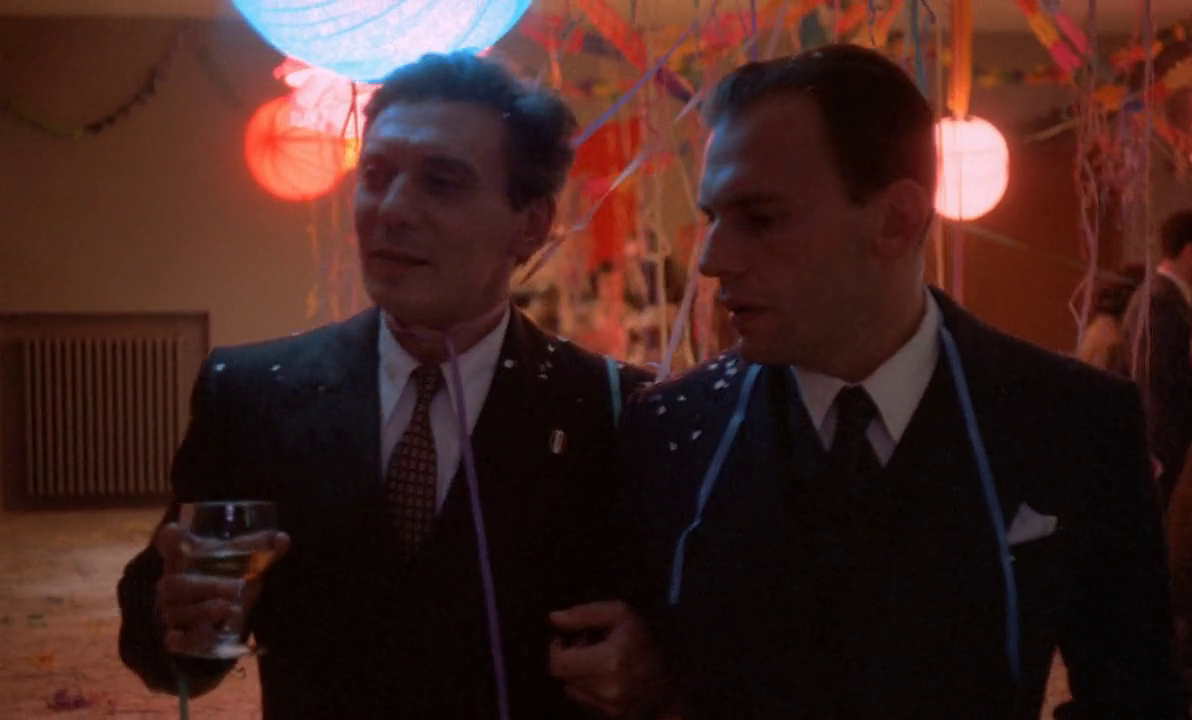
like Mussolini, the main character pretends to be religious, to convince the woman and her family that he can conform to their standards. As emotion- and unprincipled he is, he just does what he needs to do to be accepted for his final goals. But an important point is - he does not have a goal. He is completely goal less, he cannot feel himself or have true emotions. He cannot feel other humans either and his perpetual sexual desire is mistaken, not least by himself, as love.
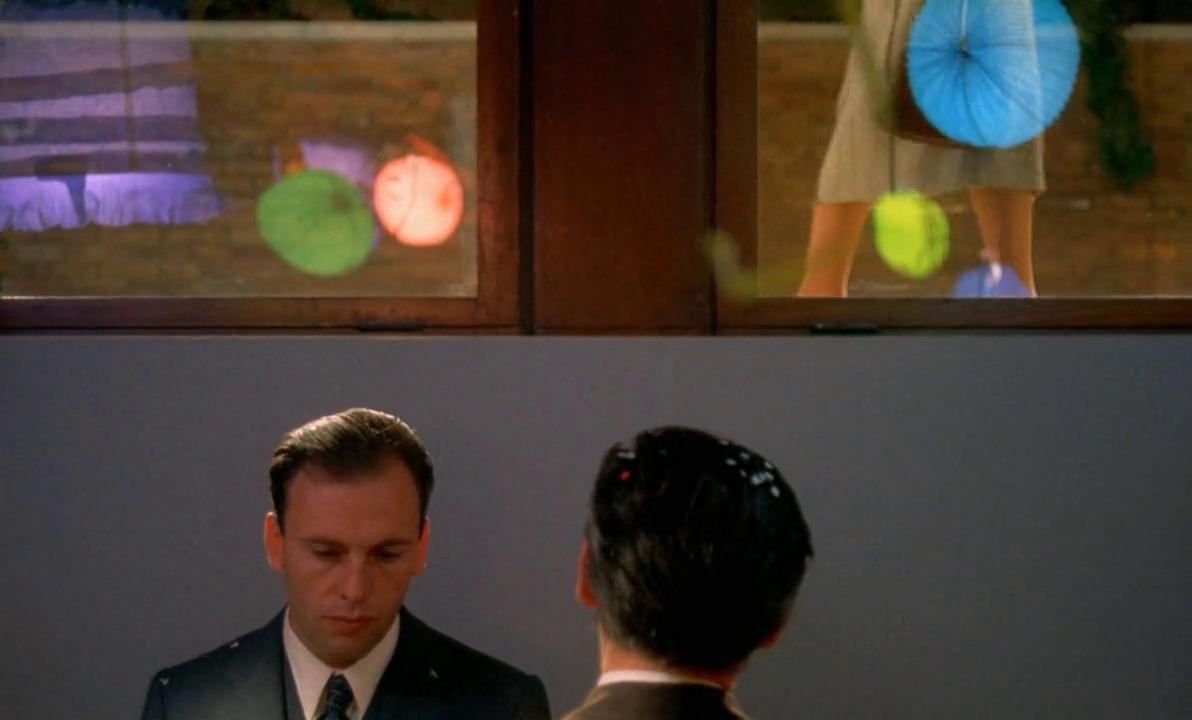
But no one around him can really help him see what he is doing and none of the women he is with seem to have much more emotional maturity than he has. They say opposites attract, but I am not so sure of that. Often it seems to me that alikes attract and people with the same kind of traumatic childhoods reenforce their distorted views of reality among themselves.
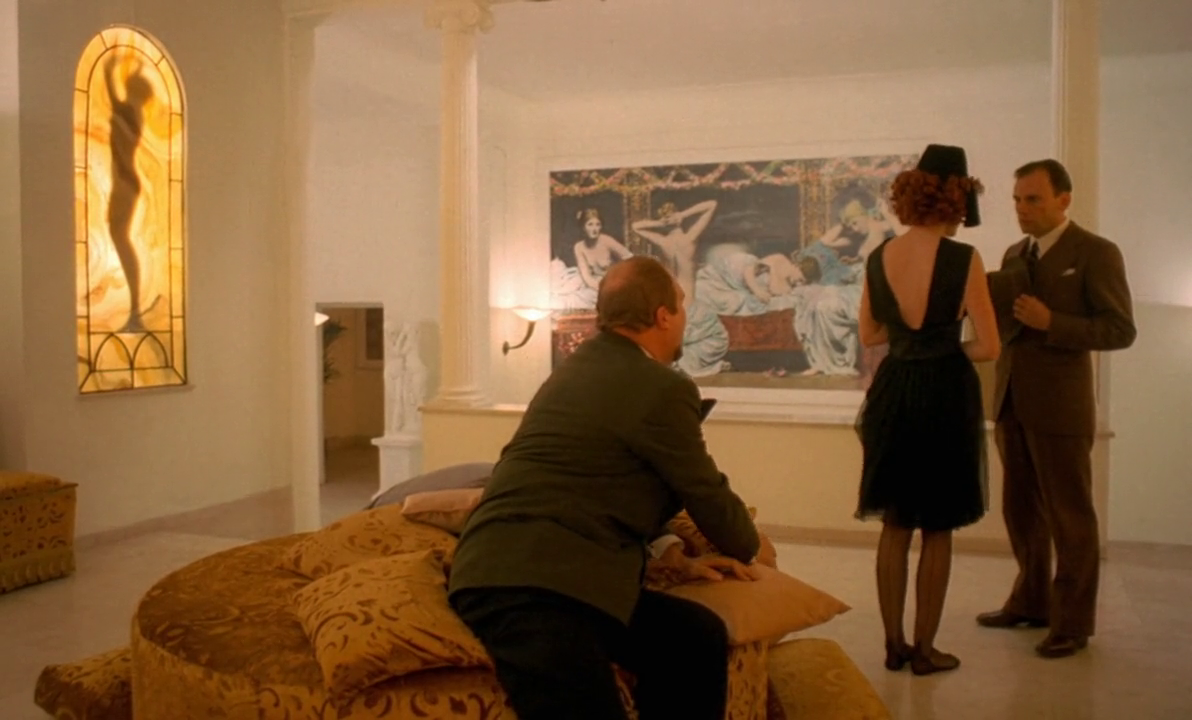
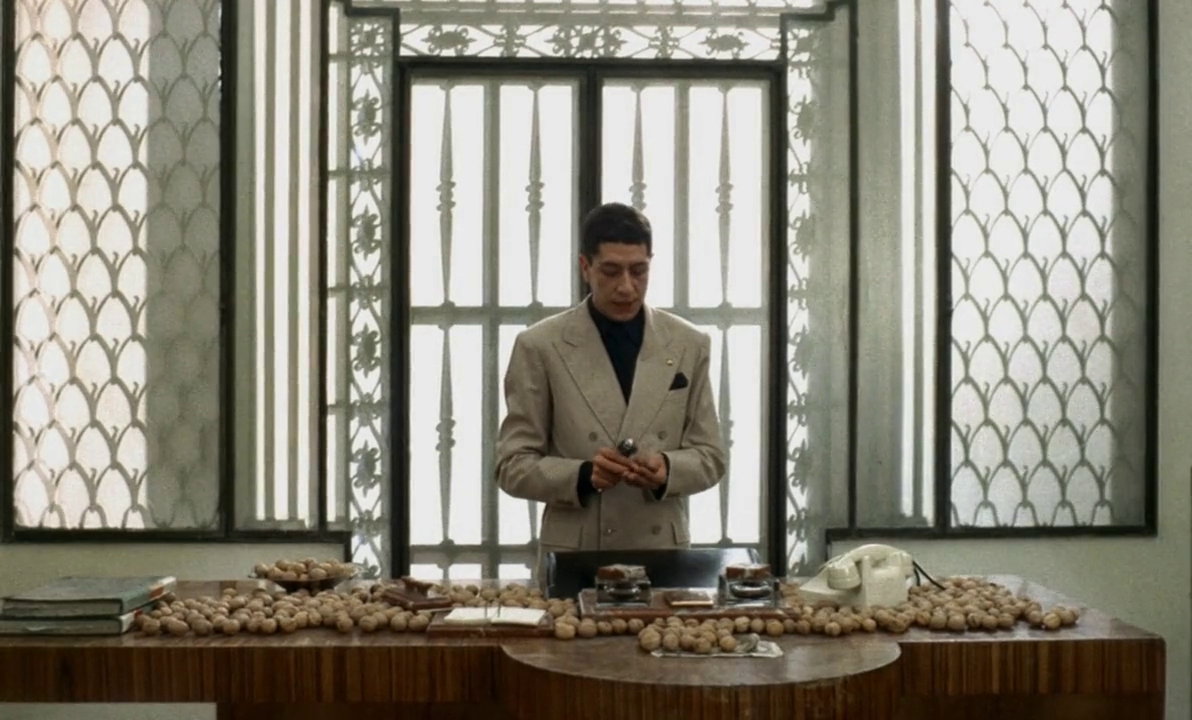
The characters in this movie are all as crazy as their crazy leader. They are in some strange void where they don't know where to head to and what to do with themselves. The have been demoralised by their upbringing. This is what is dangerous. Nihilistic empty beings who long for a "cause", a sense of "purpose" and "direction" ... it always leads to some crazy idiot taking power and start killing everyone who then does not conform. Like the main character's old philosophy professor, who reminds him of Plato's cave and how conformity is not a new "discovery" but something individually thinking people have battled with for millennia.
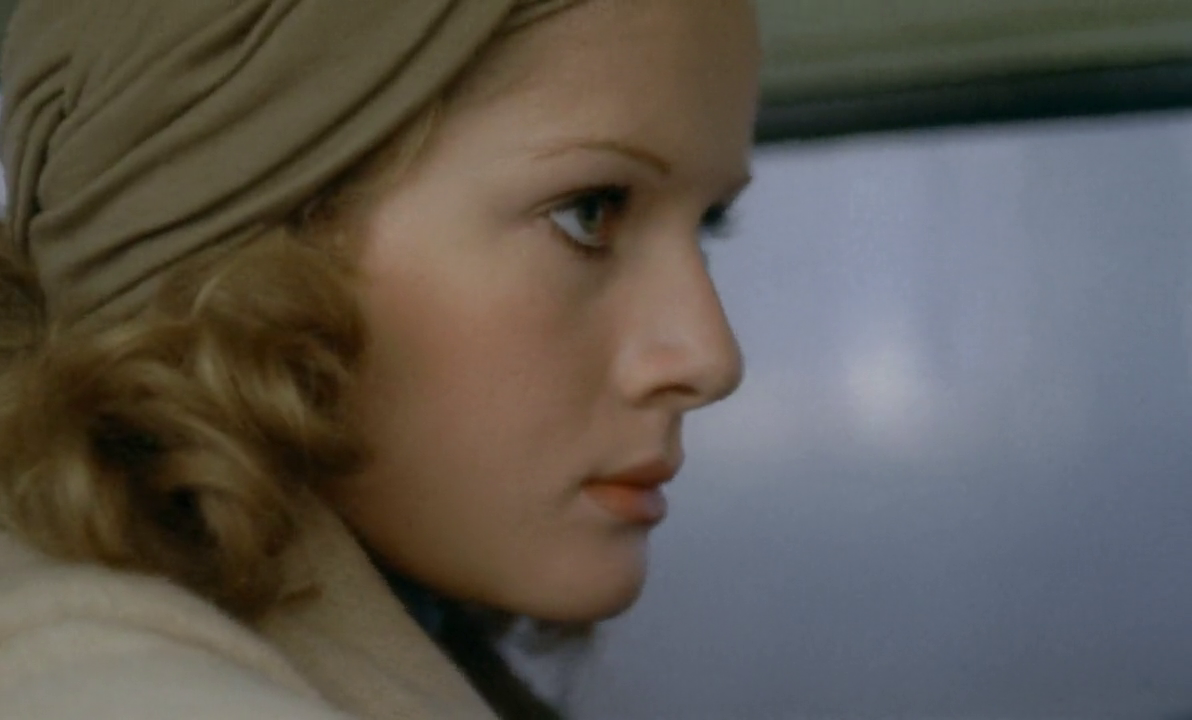
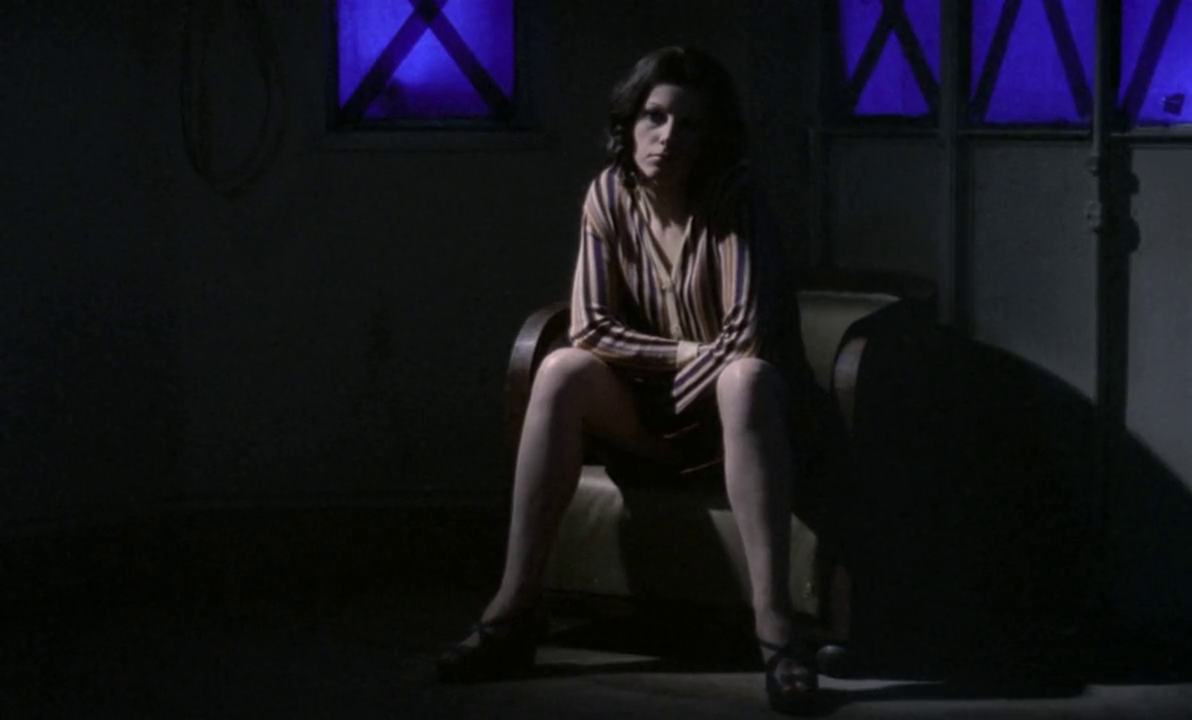
I want to say that it is a challenging movie to watch. First of all, the combined mise-en-scenes and cinematography almost makes you dizzy after almost two hours of one meticulously constructed scene after the other. It is almost too much glazing on the cake. I would have liked a bit more thinking periods, that could purvey the character's inner life more, even if they are empty. It is literally all over the place with angles, colouration, tracking, panning etc. It never rests. This is why I tend to feel it is overly pretentious. Bertolucci wanted to make sure that his movie would be recognised and thus threw everything at it he possibly could.
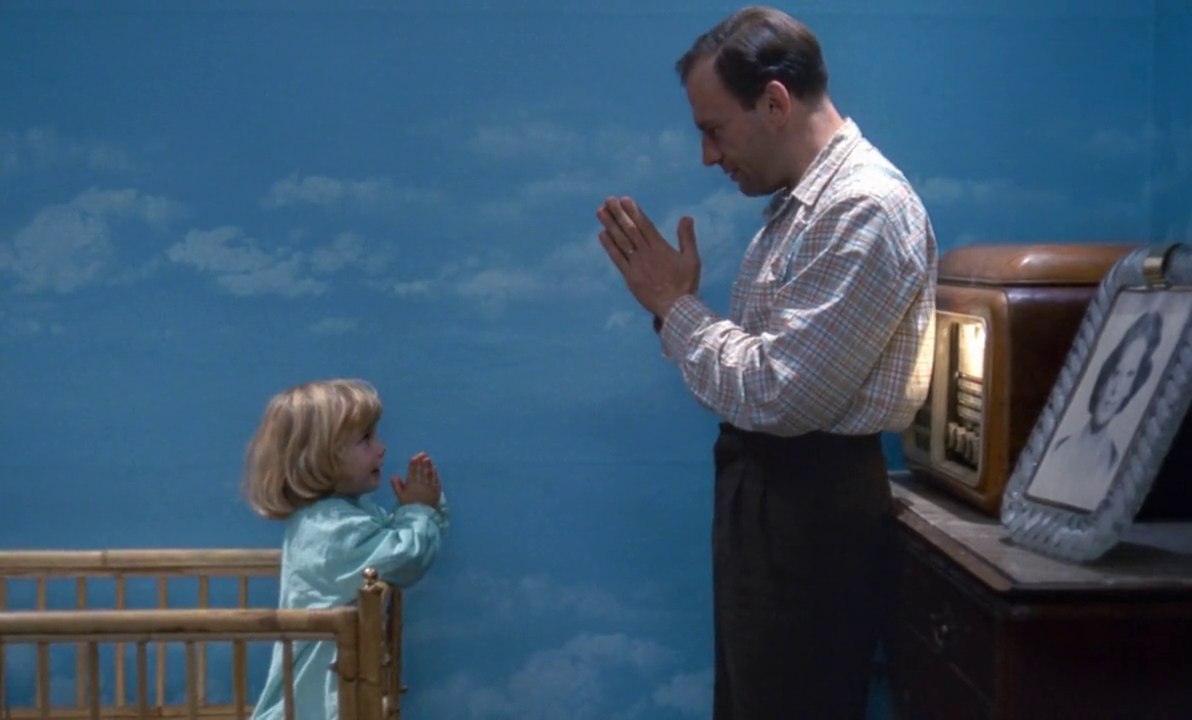
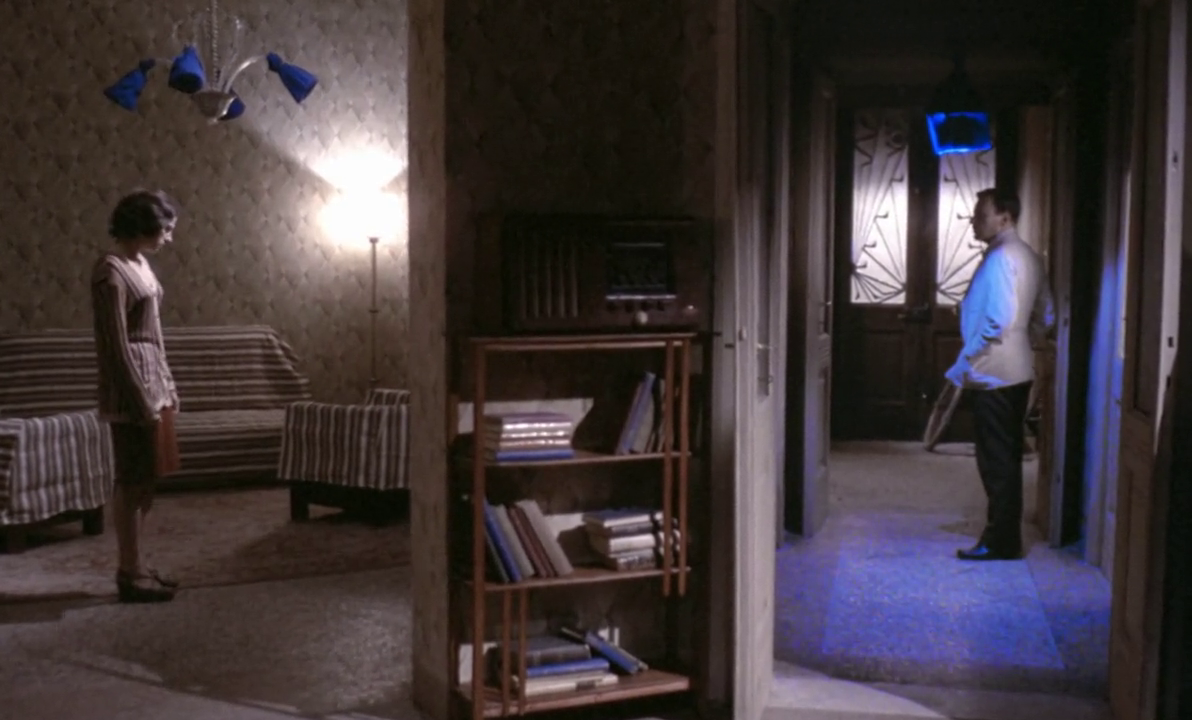
Don't get me wrong though, there are many memorable scenes throughout the movie and it has rightfully received the praise it deserves, for its very controlled and measured artistic expression. But it is just too much for me. I need to be able to rest my mind now and then to settle the "emotional" side of the experience. And that is my biggest critique. I never get to settle with the characters or get a chance to get under their skin. To compare to 2001, in that movie it was more like it was supposed to get under my own skin. Here I need to have a sense of the emotional depths or lack thereof in the characters. That does not flesh out sufficiently for me.
The syncronisation of the voices are notorious in italian movies, and something that still annoys me somewhat. particularly when the lip movement and the voices don't match up. It gives it that weird sense of phonyness. I saw the italian version but I think there is also an english sync'ed version. I think it might be worth considering the english version.
8/10
